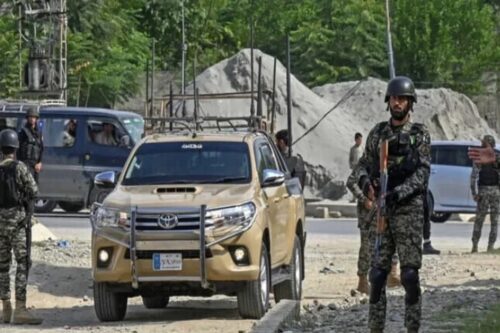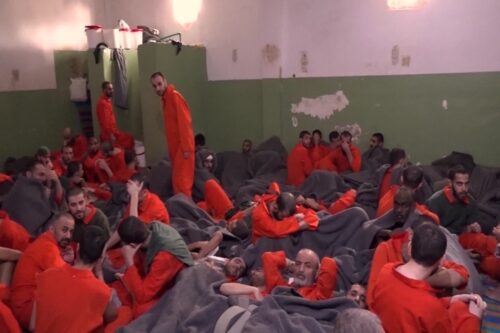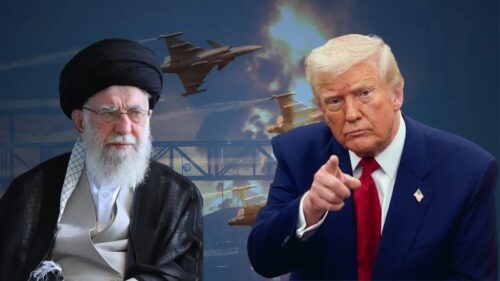
On NATO-Russia hybrid conflict and possible escalation scenarios
Genesis Armenia Think Tank/Foundation has published Gevorg Galtakyan’s article, discussing the potential escalation of the current geopolitical crisis in Ukraine and the solvable and unsolvable issues in NATO-Russia relations. The article particularly examines the rhetoric of Donald Trump and Vladimir Putin.
The Ukraine-Russia conflict continues to be the hottest focal point of the global geopolitical crisis. According to U.S. President-elect Donald Trump, the number of casualties on both sides has surpassed one million. Trump is known for his wishful thinking and often unfounded optimism, assuring the American public and the international community that he will be able to speak with Vladimir Putin and Volodymyr Zelenskyy and stop the war.
Considering that Trump was elected president partly on the promise to end the war in Ukraine as soon as possible, his rhetoric should be viewed in the context of this promise. In a press conference on Dec. 16, 2024, Trump stated: “Had president Obama drawn the line and meant something you wouldn’t even had Russia there. But in the end I never understood why Russia went there. They were not not getting very much out of it. But now their time is taken up with Ukraine and we’d like them to stop on Ukraine and Ukraine stop also.”
In contrast, Vladimir Putin accuses the “collective West,” led by the United States, of attempting to strategically defeat Russia and maintain global dominance. A study of the statements made by the Russian president and other officials reveals that the end of the war is possible for Russia only if it fulfills the tasks it has set itself. Notably, the ownership of Crimea presents such intractable contradictions that the said conflict can, at best, be temporarily frozen, which seems to be fantasy. It is evident that the U.S. cannot allow Russia to succeed in Ukraine. Thus, the conflict unfolds on strategic, tactical, and operational levels, unless, of course, we enter the realm of mystery and say that the so-called “invisible war” is increasingly being “refined” both in terms of intelligence and cyber.
Given that many foreign fighters are fighting on Ukraine’s side and that North Korean fighters are also involved in Russia’s defense system, we can say that the NATO-Russia conflict has, in fact, become a “West-East” struggle not only of a military, economic, political, or even intelligence nature, but also of an existential one, incorporating religious, civilizational, and ideological components.
Let us note that the escalation of the Ukrainian conflict and the launch and course of the special military operation have been fateful for the people of Artsakh. Therefore, Armenia must be as rational as possible in its policy on the conflict in Ukraine and leave the geopolitical theater of struggle of the “West-East” giants as soon as possible. The secret to a rational policy, in my view, lies in not drawing new dividing lines within the country and globally and ensuring genuinely healthy communication with all parties involved in the existing conflicts.
Meanwhile, the open support of the Ukrainian side by representatives of the Armenian authorities has repeatedly caused outrage in the Russian media, which is perhaps one of the key reasons for the crisis in Armenia-Russia relations. While, in fact, balanced, truly unbiased, and fair policy—rather than unbalanced emotionalism—is what is most needed in the world. It is precisely this imitation of a fair-minded and impartial observer that Turkey is performing as it seeks to assume the role of a peacemaking mediator in the Ukraine-Russia conflict as well.


